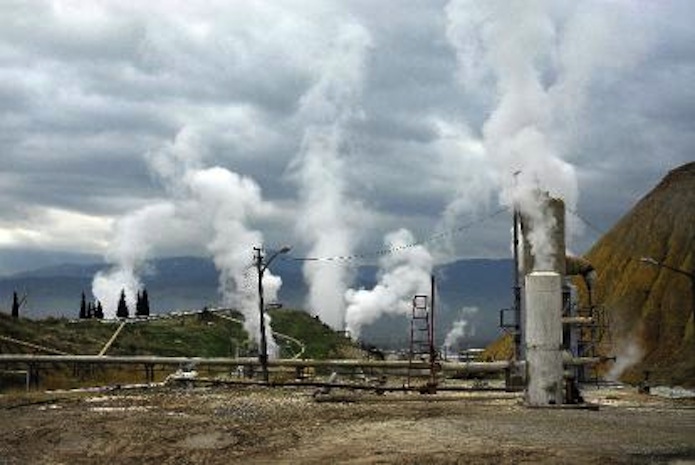EBRD sets up $275m Clean Energy Transition Fund for Turkey and Western Balkans
The EBRD is making a US$55m equity contribution to establish the Clean Energy Transition fund to meet the growing investment needs in energy projects in Turkey and the Western Balkans.
Reported this week, “The Europan Bank for Reconstruction and Development (EBRD) is breaking new ground in its support to develop cleaner energy in one of the world’s most energy-intensive regions. The setting up of a new fund – the first of its type – will expand the capacity of Turkey and neighbouring countries in the Western Balkans and the Caucasus to tap into cleaner energy resources.
The EBRD is making a EUR40 million (US$55 million) equity contribution to establish the Clean Energy Transition Fund (CETF) which has a target size of EUR200 million (US$275 million). A specific feature of the Fund is that it will increase the availability of much-needed equity capital and thus expand the market to meet the growing investment needs in energy projects in the region.
“The EBRD’s region of operations is rich in clean energy resources, but they remain largely unused. With our support, we will provide private developers of energy projects with capital and expertise to implement power projects in line with the governments’ ambitious clean energy targets,” said Alain Pilloux, EBRD Managing Director for Industry, Commerce and Agribusiness.
The Fund will support clean energy projects focusing on hydro, wind, geothermal, biomass and solar power. It will also provide financing for clean generation, energy efficiency equipment and service suppliers.
“This is a transaction that builds on the experience developed via direct EBRD investments and financings in clean energy projects in the region. Via the investment in this fund we want to capture an increasing number of projects and lead the transition towards a more de-carbonised energy mix,” said Riccardo Puliti, EBRD Managing Director for Energy.
Aygen Yayikoglu, Founder and Managing Director of Crescent Capital, said: “We are establishing CETF as a catalyst vehicle that will help build long-term assets with stable cash flows. These assets will become increasingly attractive for financial and strategic investors in the coming years, given the volatility in financial markets.”
The Fund will seek to make 10-15 equity investments with individual investment ranging from EUR5 million up to EUR30 million (US$6.9 to 41.4 million), while at least 70 per cent of its operations will be performed in Turkey, with the remaining 30 per cent in the Western Balkans and the Caucasus.
Of the 161 projects the Bank funded in the first six months of 2011, 44 came under the EBRD’s Sustainable Energy Initiative (SEI), a programme that includes development of renewable energy sources, as well as energy efficiency improvements to reduce waste and harmful greenhouse gas emissions. These 44 projects stretched over 19 countries ranging from Poland to Tajikistan.
In volume terms, the EBRD’s energy efficiency and climate change-related investments reached EUR1.2 billion (US$ 1.7 billion), a rise of almost 50 per cent from the same period in 2010.
Since its launch in 2006, SEI financing reached EUR7.3 billion (US$10 billion) through nearly 400 projects across 29 countries. The impact of these investments so far is estimated at 43 million tonnes of CO2 emissions reductions per year – more than the annual greenhouse gas emissions of Azerbaijan.”
Source: Balkans.com


















